It could be argued that there are effectively two possible reactions to the prospect of a new Werner Herzog documentary: unbridled enthusiasm and utter indifference. For those of us who would jump at the opportunity to watch a Herzog doc on any subject (next year: volcanoes!), Lo and Behold delivers the goods. And yet, people with no interest in either Herzog in particular or documentaries in general are likely to find this film compelling and thought-provoking.
Lo and Behold is exactly what it would appear to be superficially, a documentary examining the vagaries of the internet and its implications for our culture. But a documentarian’s skill is not assessed on the basis of the subjects he or she chooses, but by where and how they decide to point the camera — and Herzog’s choices leave no question that he is a true master of the form.
Herzog’s structure is a statement in and of itself, reflecting the psychological fragmentation that the internet can induce. Composed of a series of chapters only interrelated by their underlying subject, no one topic within the film’s overall context is given weight over any other, creating the impression of someone clicking through open browser windows without dwelling too long on any of the material encountered therein. Herzog starts with the room in which the very first message was sent over the internet (back when it was still known as ARPANET) and proceeds to touch on a variety of diverse subjects, ranging the spectrum from the absurd to the abhorrent. There is an undercurrent of optimism running throughout, but it is sufficiently tinged with Herzogian cynicism that the film deftly avoids taking a stance on its subject as either vice or virtue. The internet simply is, and Herzog is here to present the pros and cons of our increasing reliance on it.
There are moments of levity, such as sequences featuring Buddhist monks fixated on their cellphones or a rehab center for quirky gaming addicts. But there are also moments of unabashed horror, most notably a family who was hounded by internet trolls after a graphic image of their daughter’s fatal car crash found its way online. As was the case with Grizzly Man, Herzog’s restraint and integrity as a documentary filmmaker is impeccable, depicting the family’s struggle with a sort of clinical detachment before proclaiming that the photo will not be shown and exhorting the audience to avoid any such images entirely.
Ultimately, the film presents the advent of internet interconnectivity, for all of its promise as well as its potential pitfalls, as representing a new era in human development, the impact of which will require extensive further examination and may never be fully understood.
Herzog accomplishes a feat that few documentarians ever manage, inserting his persona, through sheer force of character, into the proceedings without overshadowing his subject. Though he is never seen on screen, the director, narrator and interviewer occasionally chimes in with a well timed bon mot or editorial comment. And yet, rather than distracting, this comes across as a reassuring gesture to viewers that the artist is present to witness this watershed moment in human history alongside his audience, often just as baffled as the rest of us.
If you’ve ever wondered what Werner Herzog thinks of self-driving cars or people who have withdrawn from society due to their sensitivity to the electromagnetic radiation generated by the devices of modern convenience, here is your chance to find out. If you’re someone, such as myself, who has become obliviously dependent upon the constant connection the internet offers, this film will give you pause and raise some important question. Regardless of your level of interest or feelings on the subject, Lo and Behold is a significant film from one of the world’s preeminent documentarians, and one that demands to be seen by anyone whose life has been touched by the internet, meaning everyone. Rated PG-13 for brief strong language and some thematic elements
Now playing at The Grail Moviehouse



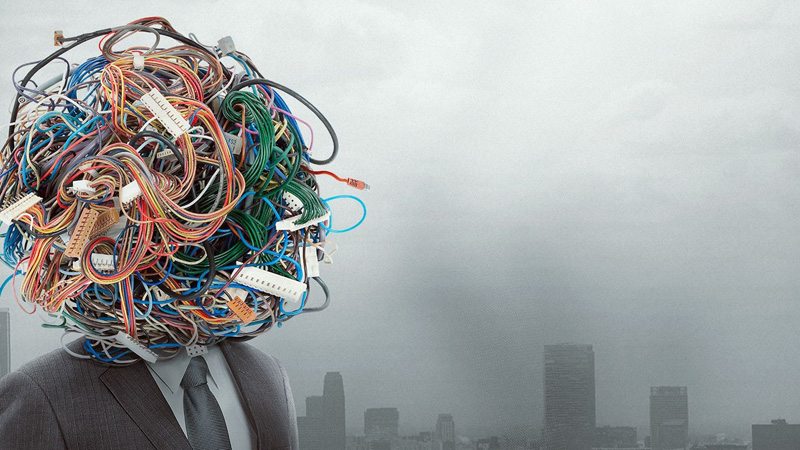
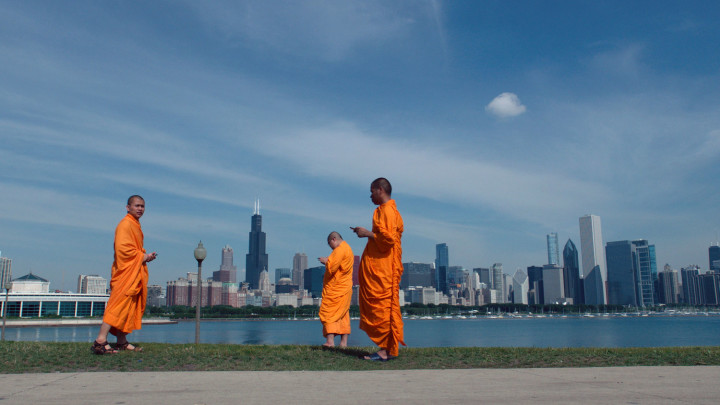

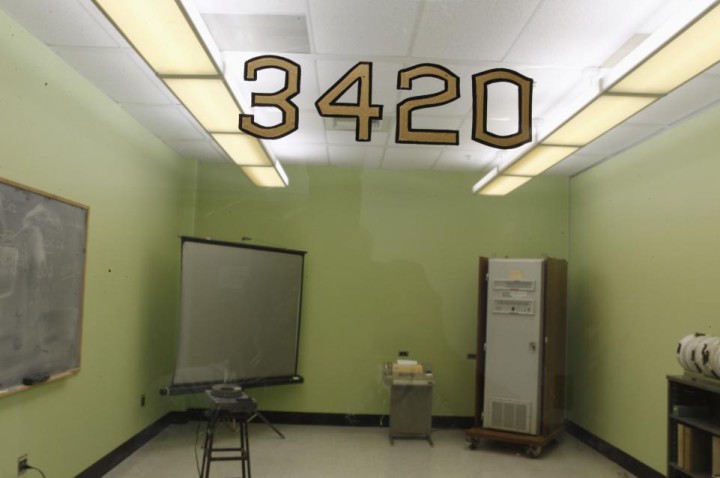

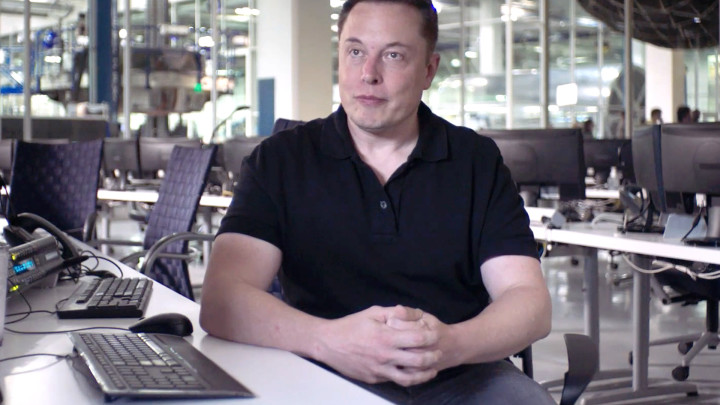
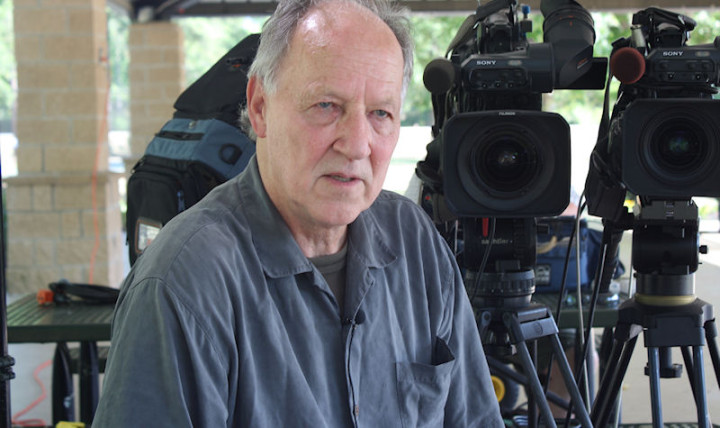
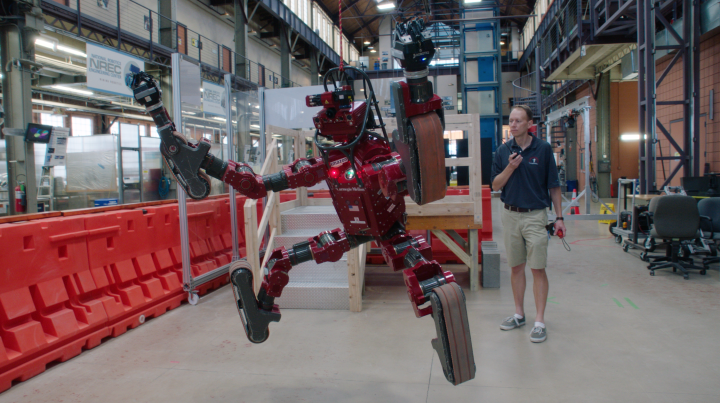
Before you comment
The comments section is here to provide a platform for civil dialogue on the issues we face together as a local community. Xpress is committed to offering this platform for all voices, but when the tone of the discussion gets nasty or strays off topic, we believe many people choose not to participate. Xpress editors are determined to moderate comments to ensure a constructive interchange is maintained. All comments judged not to be in keeping with the spirit of civil discourse will be removed and repeat violators will be banned. See here for our terms of service. Thank you for being part of this effort to promote respectful discussion.